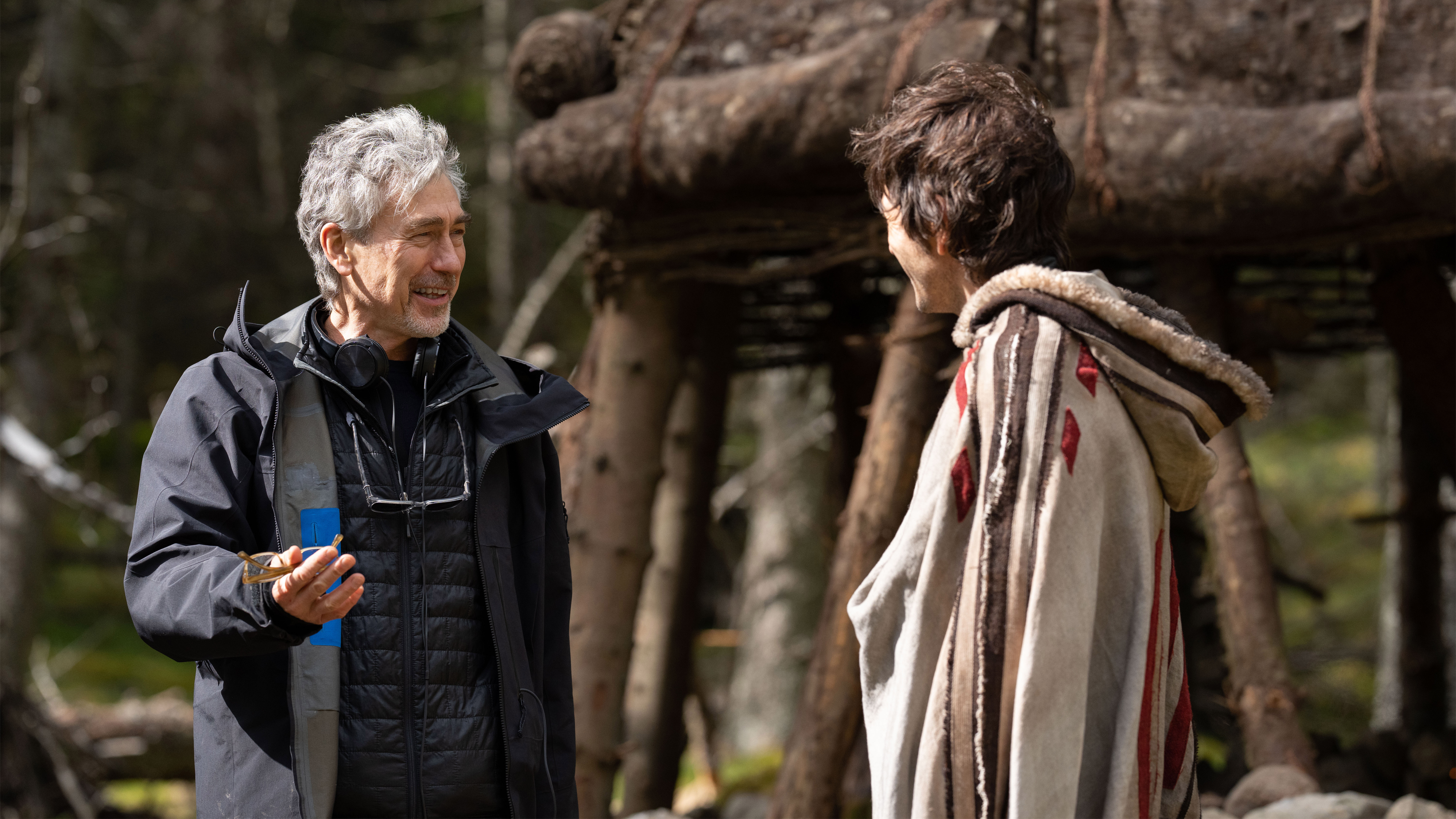‘Leave No Trace’ Review

Director Debra Granik tells an intimate story about homelessness, survival, and struggling to adapt in a society that only accepts those that it deems to be “normal.”
Mainly set in a vast urban park in Portland, Oregon, Leave No Trace follows a father and his thirteen-year-old daughter living on their own. Careful to leave no trace of their presence behind, Will and Tom have had an isolated existence for some time. Though being homeless is no crime, living in a public area technically is. So when Tom makes one small mistake while covering her tracks, their lives get derailed forever.
The story between Will and Tom is an incredibly moving one. Granik’s script is poignant, emotional, and filled with characters that feel authentic. I get the sense that Granik tries to reflect real-world struggles that go on everyday, which makes her film have a certain sense of honesty and purity. Much like Winter’s Bone, Leave No Trace shines a light on a community of real people that would otherwise go unnoticed. Though this makes the film’s focus about a small and niche group, Granik’s humanistic storytelling is broad enough to appeal to anyone.
Everyone likes a good coming-of-age story, and Leave No Trace is exactly that. Though Ben Foster carries that bigger name and has an admittedly large role in the film, Leave No Trace is a story about Tom. Tom doesn’t see her homelessness as a problem; she loves living out in the wild, and more importantly, she unquestionably loves her father. Despite lacking some social skills and never having gone to school, Tom is quite intelligent. In fact – on top of having survival skills – Tom is ahead of where she should be at school. But as she starts come into her own, she realizes her way of living may not be healthy for her development. This places Tom in the middle of some difficult internal and external conflicts. How she deals with these personal issues will determine the type of person that she will grow up to be.

Though Jennifer Lawrence appeared in a few films before Winter’s Bone, Debra Granik is often credited for showcasing her talent to the world. Without Granik pulling out a career-defining performance from Lawrence, she may not have ever been casted in The Hunger Games or Silver Linings Playbook. Now I’m not saying that Thomasin McKenzie is going to become the next Jennifer Lawrence, but she stands a good chance. McKenzie is phenomenal in Leave No Trace. She delivers a wonderful performance as Tom, and even carries the narrative on her own at one point. McKenzie is the quintessential heart of this movie; if the chemistry between her and Foster didn’t work, then the film would fall apart. She may have had a small role in a bigger movie like Battle of the Five Armies, but Leave No Trace will be her career-defining film. Her career path will definitely be one to look out for.
Ben Foster gives a remarkably touching performance as well. Though he can often be hit or miss for me – see Warcraft – his portrayal of Will is very well done. Will is a traumatized military veteran, but we never learn precisely what is that is causing his affliction. But the source of Will’s trauma isn’t as important as the trauma itself and how it is affecting his relationship with Tom. Tom obviously sees that something is wrong with her father, but she doesn’t exactly know how to help him. Though we’ve seen plenty of portrayals of traumatized war vets, I enjoyed how subtle and reserved Foster’s performance was. He depicted Will as someone who was looking for a new purpose after running away from his past. After how successful a recent film like Hell of High Water was, I wouldn’t be surprised if Foster’s performance here earns some early awards buzz.
On the topic of subtlety, the music and sound design are also very minimal. This allows you to take in all of the natural sounds of the wilderness. Hearing the little details in nature even contrasted well with all of the louder noises of city-life. The differences in sound really helped showcase the disconnect that Will and Tom had with society.

Social norms play a huge part in Leave No Trace, as what is considered to be “normal” varies from place to place. Anyone can relate to the feeling of being misunderstood or broken, which makes the themes in Leave No Trace feel deeply resonating. Debra Granik told a beautiful story about the human spirit. Though the movie may focus on survival, it ultimately shows us how little we need to truly lead a fulfilling life.
My biggest gripe with the film has to come from the pacing. Unlike Winter’s Bone, Leave No Trace lacks a ticking clock. The stakes are clear, but there’s never a great sense of urgency. In Winter’s Bone, Ree had to find her father before her family was evicted from their home. In Leave No Trace, Will and Tom bounce around various locations so the stakes involved are that they may or may not eventually be found. The narrative feels quite meandering after a while, and I just wish there was a more pressing sense of purpose.
Despite the leisurely pace, the other aspects of Leave No Trace are really strong. The acting is outstanding, the directing is exceptional, and the themes are profoundly heartfelt. Above all, the Grabik’s script is incredibly grounded. There are some things in this life that we can’t fix, and Leave No Trace reminds us of that harsh truth. But learning to cope with our problems is a part of life. Our issues don’t define who we are, but how we choose to deal with those issues will.







